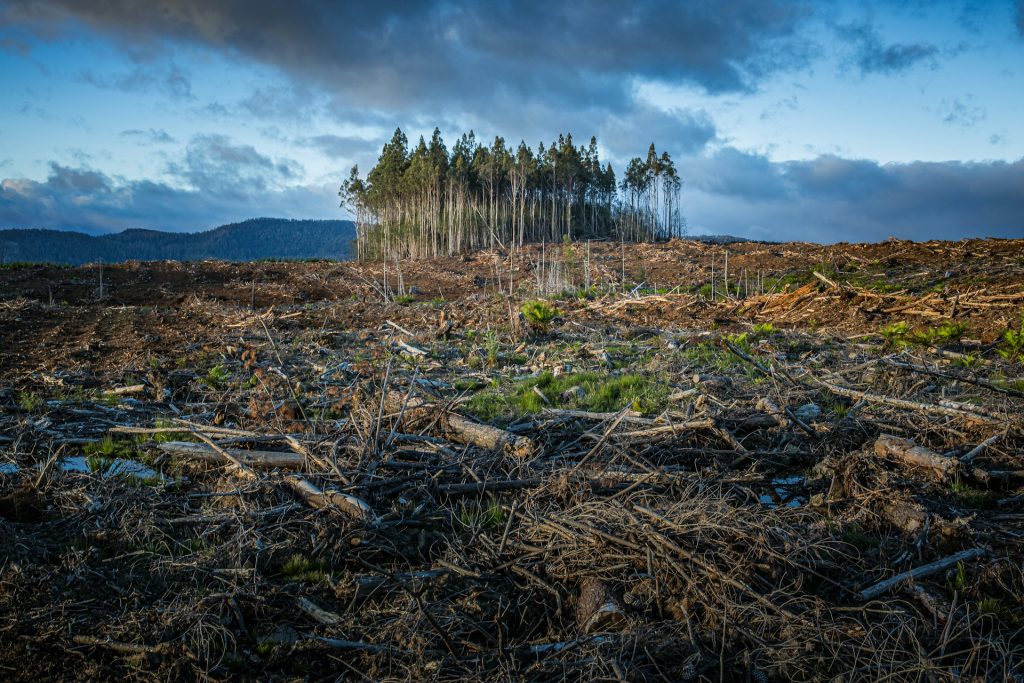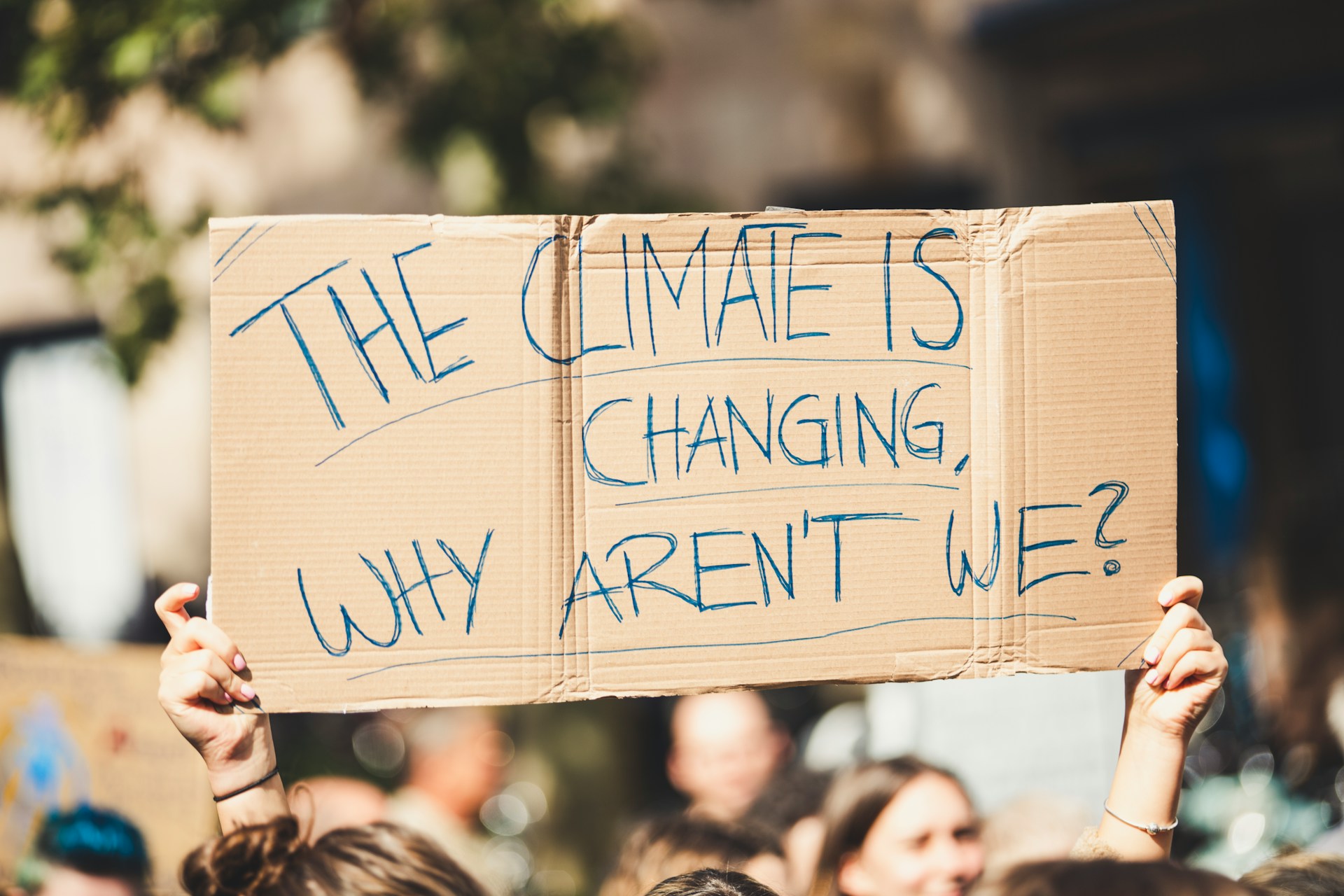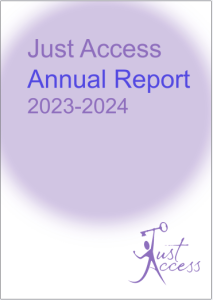
Fitri Lestari
Legal Fellow

Delasari Krisda Putri
Legal Fellow
At this moment, as we commemorate the 16 Days of Activism against Gender-Based Violence from the 25th of November 25 to the 10th of December, Human Rights Day on the 10th of December, and International Migrants Day on the 18th of December, we acknowledge the intersection of the global care crisis with care work and the climate emergency.
We acknowledge the intersection of the global care crisis with care work and the climate emergency.
The effects of climate change are particularly severe for low-income individuals and those with limited resources, especially in the rural areas of the Global South. This crisis goes beyond being an environmental catastrophe, and it represents a profound structural challenge that deepens inequalities for marginalised communities.
Among its many consequences, climate change exacerbates the unequal burden of unpaid care and domestic work predominantly carried by women and girls. Despite their significant economic and social contributions as care workers who care for others, the planet, and themselves, the climate crisis, coupled with precarious working conditions, inadequate legal protections, and heightened risks of exploitation, further exposes them to environmental and social vulnerabilities.
This issue is particularly severe for Indonesian domestic workers. JALA PRT (National Network for Domestic Workers Advocacy) estimates that there are 5 million domestic workers in Indonesia in 2022, of which women are the dominant gender. Data from the Ministry of the Protection of Indonesian Migrant Workers further reported that, from 2021 to 2023, domestic work was the top occupation for Indonesian migrant workers, with 179,432 workers.

Exploitation, Hazardous Working Conditions, and a Lack of Social and Economic Protections
During climate-related disasters like hurricanes, floods, heatwaves, and typhoons, domestic workers are often required to continue working in unsafe conditions, further endangering them as employers neglect workers’ safety and fail to provide safe housing or evacuation plans. These hazardous conditions can exacerbate workers’ health issues, which leads to chronic illnesses such as asthma, kidney disease, or heart disease while also increasing stress and disabilities.
Moreover, the climate crisis exacerbates existing inequalities, driving already marginalised communities deeper into poverty and creating increasingly unstable situations fuelled by economic desperation. As a result, domestic workers from Indonesia, who are often entrenched in deep structural poverty, find themselves trapped in high-risk jobs that expose them to trafficking, forced labour, and modern slavery. This reflects the multiple layers of vulnerability—stemming from poverty, engagement in 4D jobs (dangerous, dirty, demeaning, and deadly), and the heightened risks that are further magnified by the impacts of the climate crisis.
Additionally, domestic workers, especially migrants, are often excluded from gender-responsive social protection systems. As informal workers, they lack access to essential social and labour protections, including labour laws and social security schemes. In Indonesia itself, this exclusion is compounded by the absence of legal recognition or protection for domestic workers, and this becomes even more pronounced during climate-related emergencies. When climate disasters strike, these workers are left to fend for themselves without any institutional support or a safety net.
Floods, for example, can destroy their homes. Yet, live-in domestic workers are required to prioritise caring for their employers’ households, leaving them unable to tend to their own homes and families. At the same time, the physical hazards of working in flooded conditions, such as electrocution or exposure to waterborne diseases, highlight the inadequate safety measures in place to protect these workers.
Droughts, too, further exacerbate the challenges they face, increasing food insecurity and causing the loss of livelihoods, forcing them to seek work as domestic migrant workers or migrant workers under even more precarious conditions. This migration creates additional layers of vulnerability, exposing them to the risks of exploitation, poor working environments, and a lack of legal or social protections.
Rise in Communicable Diseases and the Impact of COVID-19
The COVID-19 pandemic further exacerbated these issues. Without access to healthcare, domestic workers face an increased risk of illness, particularly as climate change exacerbates the spread of diseases like dengue fever and heat-related illnesses. The COVID-19 pandemic further exposed the vulnerabilities of migrant domestic workers, as they struggled to access necessary healthcare and faced increased stigmatisation. For instance, many migrant workers returning to Indonesia were unjustly labelled as virus carriers, increasing social discrimination and limiting their access to support.
Additionally, the health risks posed by COVID-19 were intensified by unsafe working environments, with limited access to personal protective equipment or healthcare. Domestic workers also faced increased isolation and exploitation during the COVID-19 pandemic as employers working from home intensified their workload with additional tasks. Despite the increased workload, domestic workers were not compensated adequately, if they were compensated all.
During the COVID-19 pandemic, domestic workers, including migrant domestic workers, faced increased isolation and exploitation, as employers working from home intensified their workload with additional tasks.
Domestic workers were also suddenly dismissed from their jobs without notice, severance, or compensation of any kind throughout the pandemic. They lost not only their income but also their housing, which was frequently tied to their employment. This left them vulnerable, stranded, and without resources to meet even their basic needs. These unjust firings created a cycle of economic instability and insecurity, disproportionately affecting migrant domestic workers who were far from home and lacked access to support networks.
In such crises, domestic workers’ efforts and sacrifices remain largely unrecognised, and they continue to shoulder heavy economic and social burdens with little recognition or protection. This ongoing lack of security and support leaves them vulnerable, struggling to navigate a world where they are expected to give so much, yet receive so little in return.
They struggle to navigate a world where they are expected to give so much, yet receive so little in return.
Given that a major impact of the climate crisis will be a rise in communicable diseases, the harms caused and exacerbated by the COVID-19 pandemic provide insight into the substantial policy changes needed.
Subscribe to the Just Access newsletter
Make sure you don’t miss part 2 of this blog post, or our other fascinating content!
Subscribe to the Just Access Newsletter (six mailings per year) to stay up to date with our work, our blog and our podcast.









